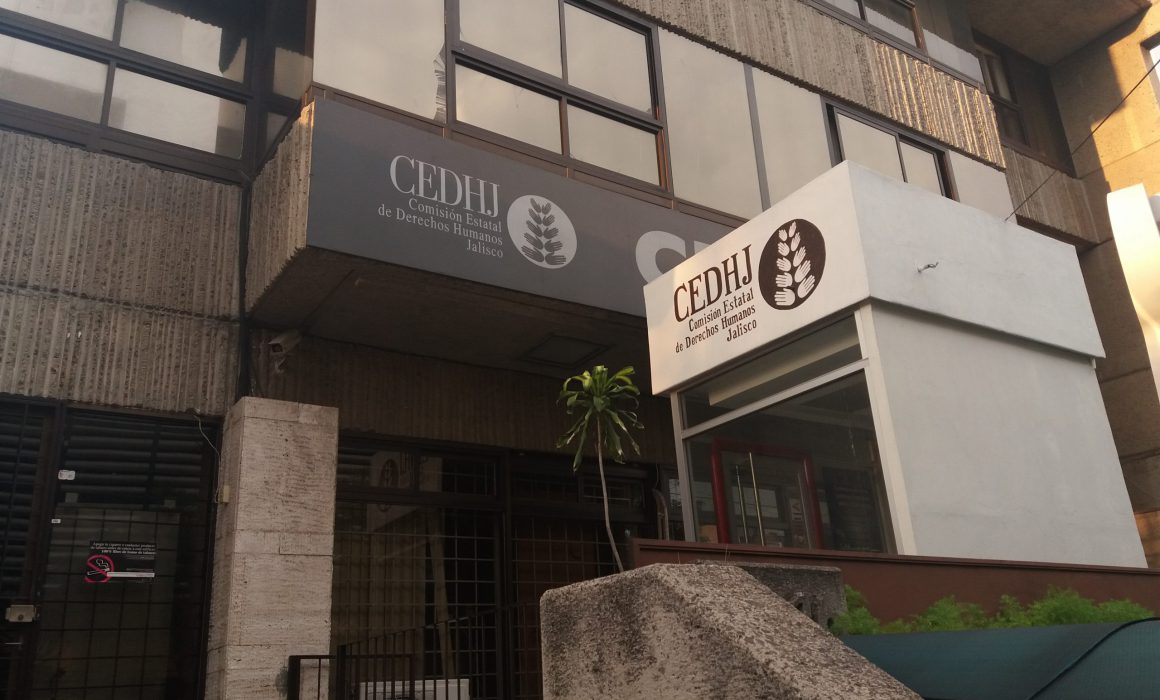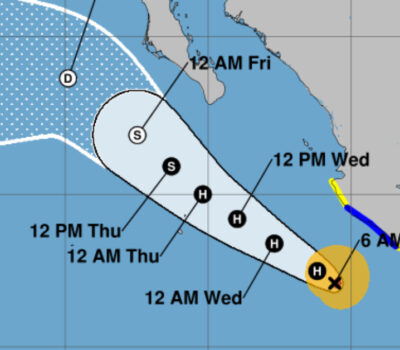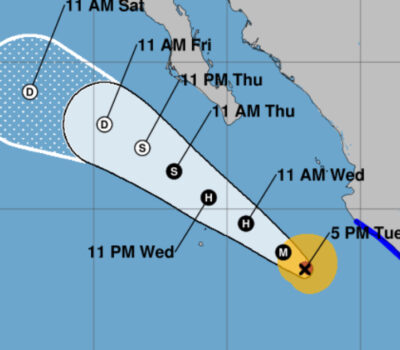Given the high number of infections and deaths by COVID-19, the Jalisco State Human Rights Commission ( CEDHJ ) urges the State government, the municipalities, and the health authorities to put life over the economic reopening.
The Commission reiterates that in the case of educational and workspaces that are not essential, they must remain closed. It also requests that healthcare guidelines be generated for spaces such as the home, public transportation, self-service stores, offices, and banks.
In the economic area, requests that the possibility of deferring tax payments be analyzed and that economic aid programs for the sectors with the greatest economic vulnerability be verified.
In the same sense, it asks to examine the possibility of having a budget item to provide health institutions that fight COVID-19 and grant economic incentives to health personnel and administration of these health centers.
Finally, they called on the sanitary measures that mitigate the coronavirus to continue while making sure human rights are always respected.
A survey carried out by the Latin American Strategic Center for Geopolitics (Celag) revealed that 78% of Mexicans stated that their income has decreased due to the economic crisis sparked by the COVID-19 pandemic.
56% of respondents indicated that their income has partially decreased, while 21% stated that they have stopped receiving income “in full”. They also reported that seven out of ten Mexicans have reduced the consumption of various products as a result of the crisis.
Given the high number of infections and deaths by COVID-19, the Jalisco State Human Rights Commission ( CEDHJ ) urges the State government, the municipalities . . .












